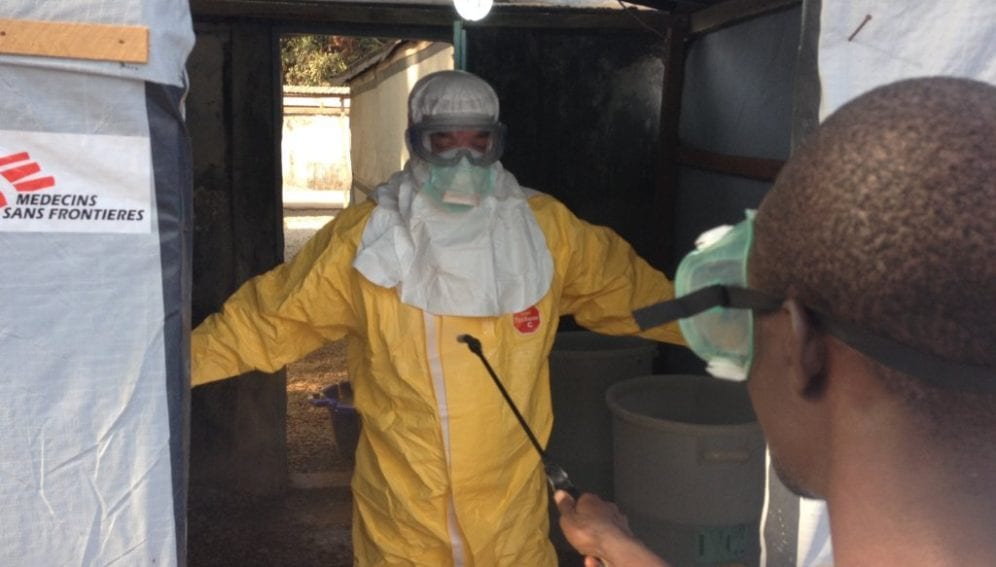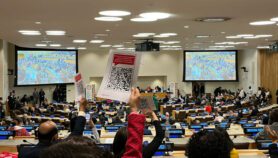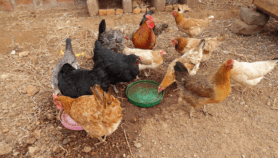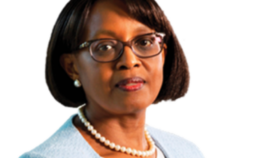Send to a friend
The details you provide on this page will not be used to send unsolicited email, and will not be sold to a 3rd party. See privacy policy.
[ANTANANARIVO, MADAGASCAR] The Malagasy authorities and international partners have geared up to prevent the Ebola epidemic, which is ravaging West Africa, from reaching the country.
An emergency meeting involving international partners such as the WHO and the Institut Pasteur in Madagascar was held in the capital Antananarivo last month (5 August) to examine the precautions taken to protect the island’s more than 22 million people from the virus’ threat.
At the moment, chances are still very slim that any cases of Ebola will be reported in Madagascar, thanks to the geographical distance from the affected areas, says Philémon Tafangy, Malagasy secretary of public health.
“I think that with the government’s help, we will also involve all the other stakeholders within the country who are already helping to better organise response and prevention.”
Yvette-Céline Seignon Kandissounon, The WHO, Madagascar.
The country’s health ministry has stated that they have no suspected case, but given the spread of the virus, they are taking preventive measures.
“Despite the distance from the affected region, our country isn’t yet safe from the risks [of Ebola],” Tafangy tells SciDev.Net.
According to Tafangy, surveillance and screening will be strengthened at the country’s borders.
The WHO reported yesterday (22 September) that 2,803 people have died from the disease in Liberia, Nigeria and Sierra Leone in the continuing outbreak.
“It has been a high-risk disease for the last forty years, which requires resource mobilisation — human, financial and logistics — in order to contain the epidemic,” emphasised Yvette-Céline Seignon Kandissounon, the WHO country representative for Madagascar. “I think that with the government’s help, we will also involve all the other stakeholders within the country who are already helping to better organise response and prevention.”
Malagasy prime minister, Roger Kolo, who is also in charge of public health, announced that Madagascar has in place a new national plan for prompt response against any pandemics and major disease outbreaks. “This plan contains the scenarios and necessary steps to be taken towards combating haemorrhagic fevers such as Ebola,” he asserted.
Kolo added that arrangements have been made at the borders for detection and immediate treatment of suspected cases arriving from abroad, noting that instructions have been given to health departments to enhance vigilance among health workers against the disease and to help them know emergency steps to be taken.
According to Kolo, health officials call for extreme vigilance at all times because there is no vaccine available yet for clinical use, and no specific treatment exists for Ebola, which requires intensive care in hospitals.
Translation by Bernice Nduta
This article was originally published on SciDev.Net’s Afrique Sub-Saharienne














